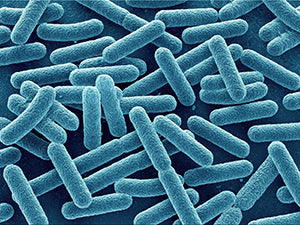
Probiotics refer to the live microorganisms in your body that help improve gut health. What most people misconstrue these organisms for is disease-causing, while the reality actually differs - not all germs are bad! Probiotics are also known as ‘good’ or ‘helpful’ bacteria. They are found in foods and are often suggested by nutritionists, dieticians, and general physicians to be added to your diet for relief from digestive problems. Let’s take a detailed look at probiotics in this article.
What are Probiotics?
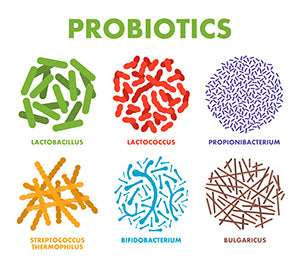
There are two kinds of bacteria, one good and the other bad. Probiotics are a group of ‘good’ or beneficial live bacteria or yeast that live inside your body. They ensure you remain healthy and that your body runs smoothly, getting rid of bad bacteria when you have them in excess.
Probiotics form a large part of your body, called the microbiome. Your body’s microbiome can be compared to a large forest, home to a lot of different microorganisms, each playing a different role. These tiny organisms are what we call microbes and you have trillions of them inside you as you go about your daily life. To give you an idea, here is a list of the different kinds of microbes inside your body:
- Virus
- Protozoa
- Bacteria, and
- Fungi
No two people can ever have the same microbiome structure, not even twins. A microbe is only considered a probiotic if:
- They can be isolated from a person
- They can survive in your gut after being eaten or ingested
- They help promote good health
- They can be safely consumed
They are also known to treat various diseases like IBS, IBD, infectious diarrhea, and skin conditions like eczema and allergies. Probiotics may also help with urinary, vaginal, and oral health.
Probiotic Process
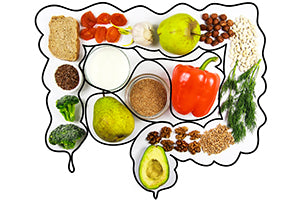
A question that scientists are trying to answer is how do probiotics work? There is research that suggests:
- Probiotics can be helpful to replace the bad bacteria in your body after you take antibiotics
- Probiotics maintain a healthy balance of good and bad bacteria in your body
- They support your immune system during sickness.
- They control inflammation in the body
- They help you digest food faster and more efficiently
- They support the cell lining of your gut and prevent bad bacteria from entering your blood
- They help create healthy vitamins
- They help in the breakdown and absorption of medicines
They are also known to treat various diseases like IBS, IBD, infectious diarrhea, and skin conditions like eczema and allergies. Probiotics may also help with urinary, vaginal, and oral health.
FAQ
What food is highest in probiotics?
- Fermented foods like yogurt, kefir, sauerkraut, kimchi, and miso are among the highest in probiotics. These foods naturally contain beneficial live bacteria that support gut health. For those who may not consume enough fermented foods, a probiotic supplement can be a convenient alternative to boost your intake of these beneficial bacteria.
2. What do probiotics do for digestive health?
- Probiotics are live beneficial bacteria that support digestive health by maintaining a balanced gut microbiome, which aids in digestion and nutrient absorption. They help prevent and manage digestive issues like bloating, constipation, and diarrhea. Taking a probiotic supplement can enhance this balance, promoting overall digestive wellness.
3. Can probiotics speed up digestion?
- Probiotics can help regulate digestion by promoting a healthy gut microbiome, which may improve bowel movements and reduce digestive discomfort. While they don't directly speed up digestion, a probiotic supplement can support a more efficient digestive process by maintaining gut balance.
4. Can I take probiotics with antibiotics?
- Yes, you can take probiotics with antibiotics. It’s often recommended to take a probiotic supplement during and after antibiotic treatment. Antibiotics can disrupt the natural balance of gut bacteria, and probiotics help replenish the beneficial bacteria, reducing the risk of side effects like antibiotic-associated diarrhea.
- Beneficial Properties of Probiotics, Lye Huey Shi, Kunasundari Balakrishnan, Kokila Thiagarajah, Nor Ismaliza Mohd Ismail, and Ooi Shao Yin, Tropical Life Sciences Research, doi: 10.21315/tlsr2016.27.2.6, (https://www.ncbi.nlm.nih.gov/pmc/articles/PMC5031164/)
- Health Benefits of Probiotics: A Review, Maria Kechagia, Dimitrios Basoulis, Stavroula Konstantopoulou, Dimitra Dimitriadi, Konstantina Gyftopoulou, Nikoletta Skarmoutsou, and Eleni Maria Fakiri, ISRN Nutrition, 2013, doi: 10.5402/2013/481651, (https://www.ncbi.nlm.nih.gov/pmc/articles/PMC4045285/)
- Probiotics and human health: a clinical perspective, H S Gill, F Guarner, Post Graduate Medical Journal, (https://pmj.bmj.com/content/80/947/516)













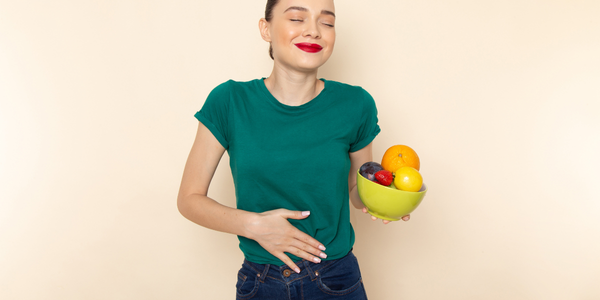
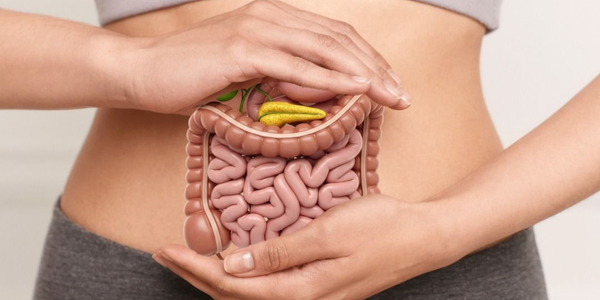

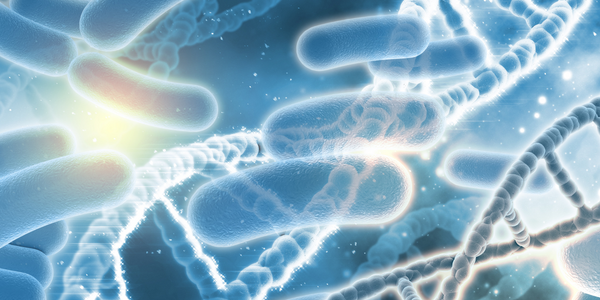

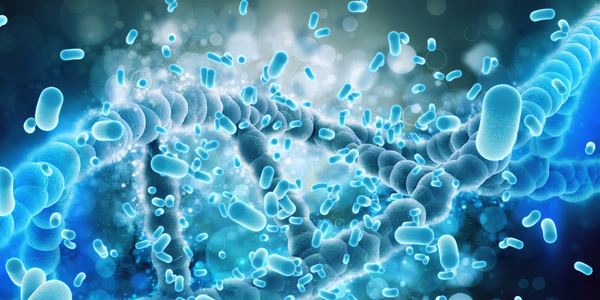
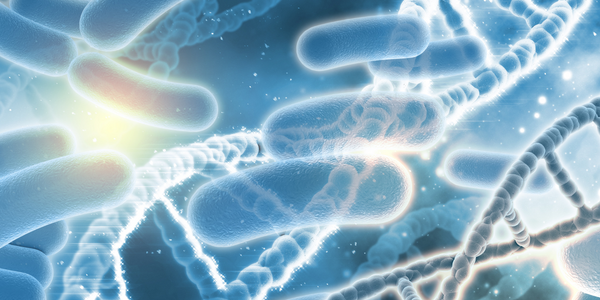
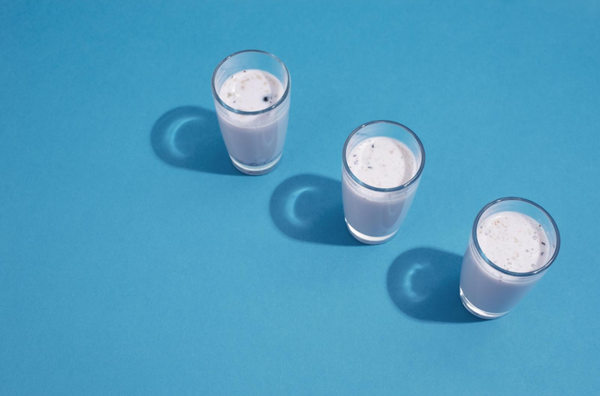






 DOWNLOAD NOW
DOWNLOAD NOW

Leave a comment